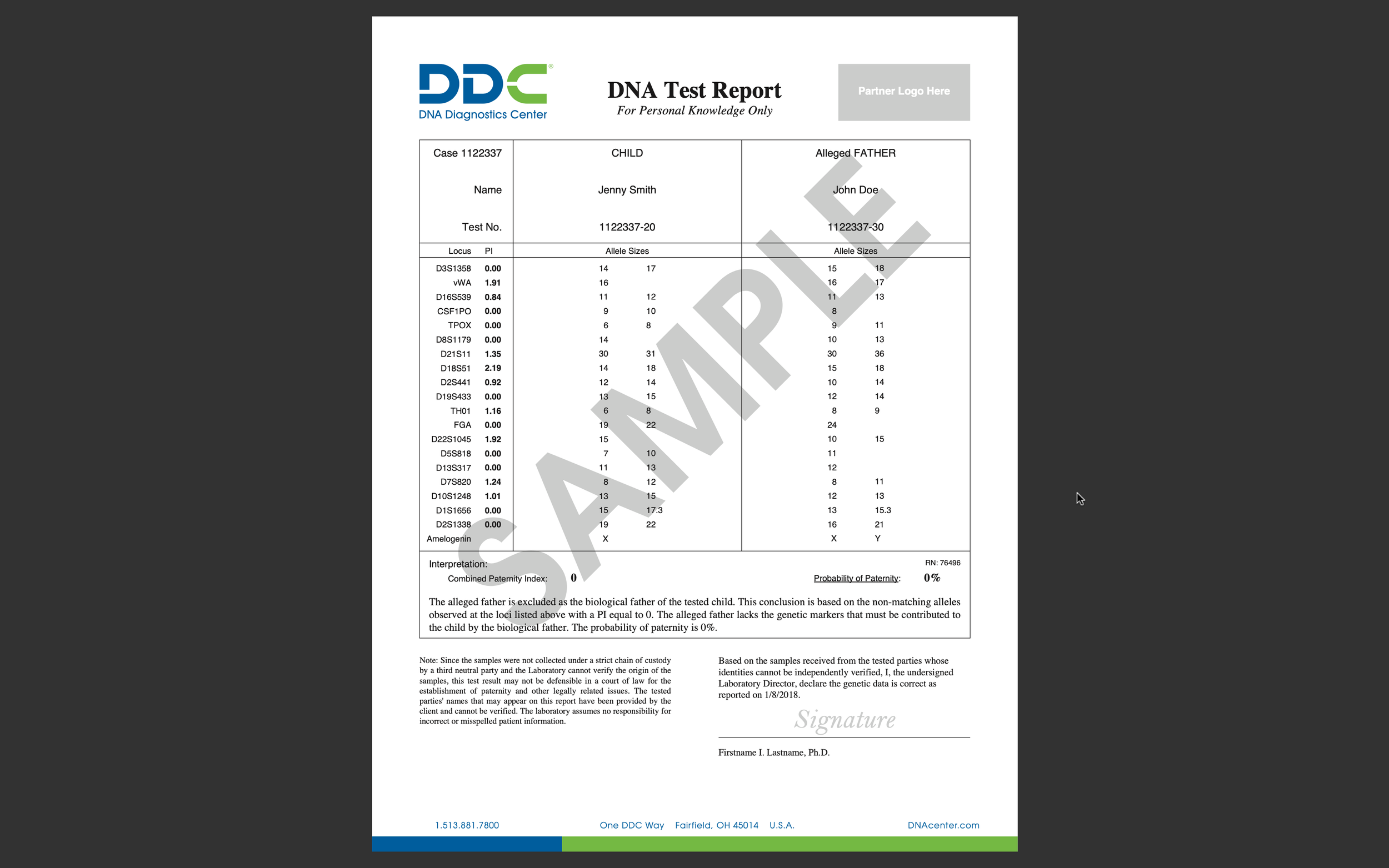How To Test DNA Without The Father Being Present
DNA testing without the father present is a common concern for individuals seeking answers about biological relationships. Fortunately, there are reliable methods to confirm paternity or other familial connections using alternative samples. Whether for personal knowledge or legal purposes, this guide explores the options available for DNA testing when the father is unavailable.
Exploring DNA Paternity Testing Without the Father Present
When direct paternity testing is not an option, alternative methods can provide accurate results. These tests analyze DNA from other family members, such as grandparents, siblings, or even non-standard samples like hair or toothbrushes. These methods are particularly useful in situations where the alleged father is deceased, unavailable, or unwilling to participate.
Paternity Testing Using Grandparents or Other Relatives
Grandparent DNA testing is one of the most reliable alternatives when the father cannot be tested. Since grandparents share 50% of their DNA with their grandchildren, this test can confirm biological relationships with high accuracy. Similarly, sibling DNA testing can determine whether two individuals share one or both parents.
Key Benefits of Using Relatives for Paternity Testing:
Grandparent tests are highly accurate and ideal for legal purposes.
Sibling tests can confirm full or half-sibling relationships.
These tests are admissible in court when conducted under legal guidelines.
Paternity Testing Using Non-Standard Samples
In some cases, non-standard samples like hair follicles, toothbrushes, or used tissues can be used for DNA analysis. While these samples may not always yield results as reliable as cheek swabs or blood samples, they are a viable option when no other alternatives are available.
Examples of Non-Standard Samples:
Hair with roots
Toothbrushes
Fingernail clippings
Used tissues
Important Considerations:
Non-standard samples require specialized analysis and may incur additional costs.
Accuracy depends on the quality and condition of the sample.
Understanding the Accuracy of DNA Paternity Tests
DNA testing is highly accurate when conducted by accredited laboratories. For legal purposes, chain-of-custody documentation ensures that results are admissible in court. Personal (non-legal) tests offer the same level of accuracy but are intended for informational use only.
Legal vs. At-Home Tests:
Legal Tests: Require witnessed sample collection and chain-of-custody documentation.
At-Home Tests: Offer convenience but are not admissible in court.
Annual Prevalence of DNA Tests
According to recent statistics, over 500,000 paternity tests are conducted annually in the United States alone. Many of these tests involve alternative methods due to the unavailability of direct paternal samples. This growing demand highlights the importance of reliable and accessible testing options.
Frequently Asked Questions About DNA Testing Without the Father
Can a DNA paternity test be conducted without the father being present?
Yes! Alternative options include using grandparents, siblings, or non-standard samples to confirm biological relationships.
How can grandparents or other relatives be utilized in paternity testing?
Grandparents share 50% of their DNA with their grandchildren. By comparing their genetic profiles with that of the child, laboratories can determine biological relationships with high accuracy.
What is the process for legally binding paternity testing?
Legal paternity tests require witnessed sample collection at an approved facility and proper chain-of-custody documentation to ensure results are admissible in court.
Can non-standard samples be used for paternity testing?
Yes! Non-standard samples like hair follicles or toothbrushes can be analyzed if standard cheek swabs aren’t available. However, accuracy depends on sample quality.
How accurate are DNA paternity tests?
DNA paternity tests conducted by accredited labs are over 99.9% accurate when using high-quality samples.
In Conclusion
DNA testing without the father present offers reliable alternatives through grandparentage testing, sibling analysis, or non-standard samples. Whether you need results for personal knowledge or legal purposes, these options provide clarity when direct paternal involvement isn’t possible.
Ready to get started? Contact us today to learn more about our legal and at-home DNA testing options!
Follow us on Instagram and Twitter! If you have questions about paternity tests or other DNA testing services, please contact our Client Support Center at 302-529-1789, Mon-Sunday from 8:00 AM to 9:00 PM Eastern Time. Our friendly, expert representatives are ready and happy to help. Get answers anytime by visiting our Help Center.



